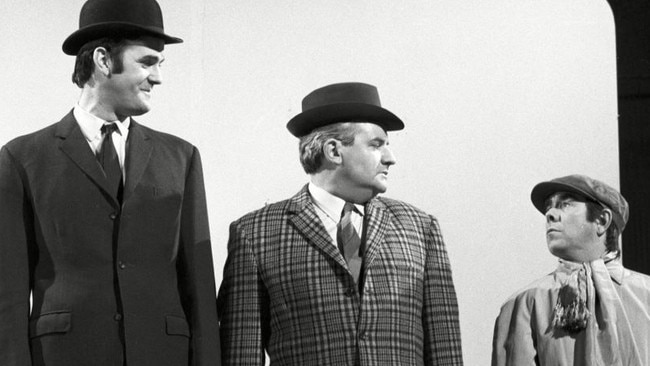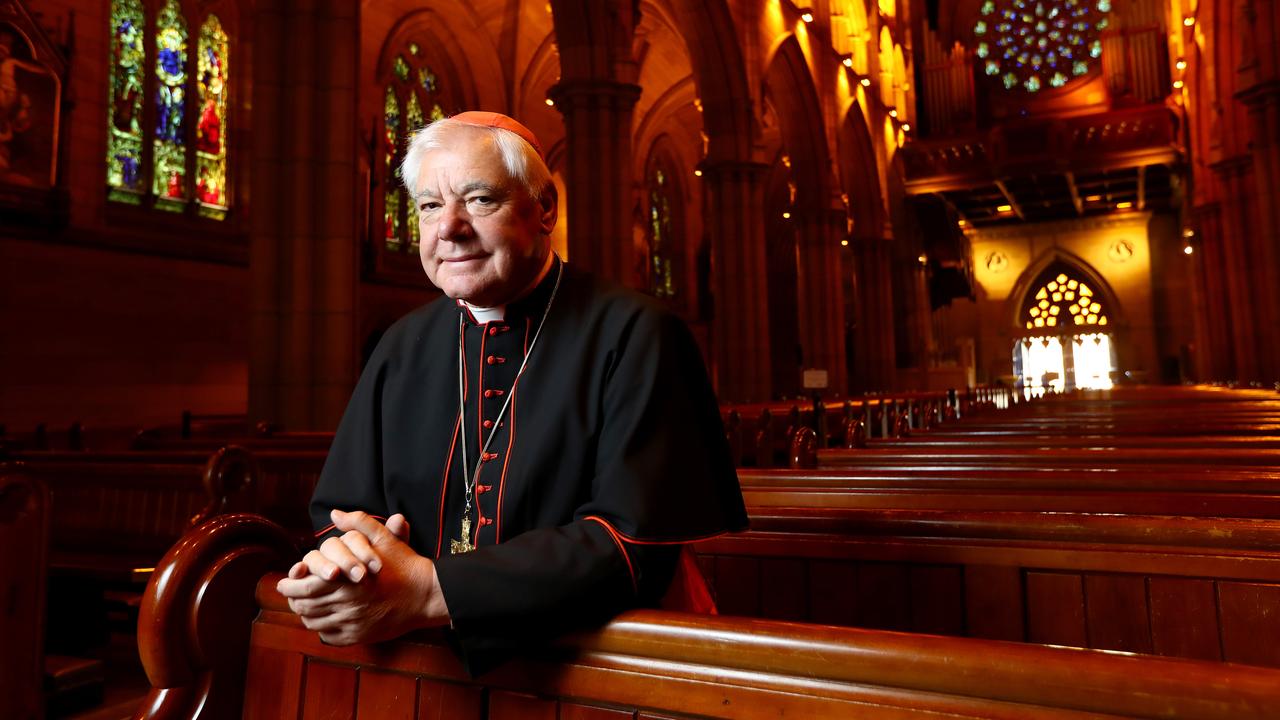Britain no longer defined by class but by Brexit

Mr Corbyn’s case in Wales was, on the face of it, a perfectly reasonable call for unity after Brexit. It is easy to share his fear that “we could all retreat to our respective side of the argument and let bitterness drive us apart. We could allow ourselves to be defined only as Remainers or Leavers, labels that meant nothing to us only a few years ago.” Yet that might just be exactly the politics into which we are emerging.
The 2016 referendum was the most significant political event in half a century, not just for Brexit but for its effect on political identity. Being defined by Remain and Leave is exactly what has happened. Party affiliations have weakened quickly; more people have a strong allegiance to their vote in 2016 than to a party. The British are following a path that has been charted in most European nations and the US; we are voting much more with our cultural tribes and less with our economic interests.
This poses a fundamental challenge to the way that Mr Corbyn understands politics. As he said in Llandudno: “You see Labour doesn’t believe that the real divide in society is between people who voted to remain or to leave the European Union.” Mr Corbyn knows he was vague on the European question but he doesn’t think it ranks all that highly. He tried to run a campaign based on social justice and nobody was listening.
For all of Mr Corbyn’s political lifetime his class critique of politics has been essentially right but he is now essentially wrong. The high watermark of the Labour Party in 1945 was the high watermark of class voting. It was possible back then to read a great deal into voting behaviour from class status. That relationship entered a steady decline and the 2017 general election, in the shadow of the referendum, was the first in which class status bore no relationship to voting.
Hence Mr Corbyn is a figure very much out of time when he says: “We don’t want to set the hard-up family in Cardiff that voted to remain against the hard-up family in Wrexham that voted to leave. Tory austerity means both families are up against it, but they’re not up against each other.”


This is a good description of the historical politics of Wales and Britain but not the present and very likely not the future. Mr Corbyn’s lack of clarity on Europe was, of course, a colossal error but his position is even murkier than it seems. He thinks Europe doesn’t matter much. In fact, it is the token of the new political divide. He thinks he is being vague on a second-order issue; he still thinks class is the primary point.
Mr Corbyn thus places himself with the likes of Harold Wilson and Tony Blair who proved themselves masters of the changing class battle. In 1959, after three sorry defeats, Mark Abrams and Richard Rose wrote the seminal Must Labour Lose?, which was a study of the new sociological patterns to which Labour had failed to adapt. In Wilson they found a leader who could speak across the classes. In 1997, after four consecutive losses, Blair was able to gather a coalition of the bedrock Labour working class and the aspirant middle class. Wilson and Blair were bridge-builders.
Mr Corbyn is going to find it very difficult to build the bridge constructed by Wilson and Blair. Not because he is nowhere near as good as them, although he isn’t, but because it has become a lot harder to do. Class interests are not, as the Corbynite left has it, determined and immutable. Economic status can change during the course of a life and when people shifted their lifestyle their politics often changed too. Also it is relatively easy to build a political bridge between classes. This is why “aspiration” was such a common concept in political campaigns. It is the way you used to speak to the working class and the middle class at the same time. It was a bridge.
The prize in British politics now will go to whoever can build a bridge between Leave and Remain. At the moment, in the fever of the argument, that seems an impossible job. Between the person who believes immigration to be good and the person who believes immigrants to be bad there is not much common ground. Lifestyle liberals do not share a common good with the votaries of traditional values. The political parties do not yet reflect these new cultural blocs and nobody has the first idea how to erect a bridge between the two, if indeed that is even possible.
Ian Lavery, MP, has started to fulminate that Labour’s problems are caused by “left-wing intellectuals”. He is only half right. The Labour Party was, from its origins, a marriage of middle-class intellectuals and working-class trade unionists. These two groups found common cause in the class struggle but they are on different sides in the culture war. To place this argument in the intellectual tradition in which Mr Corbyn’s allies are well versed, the relevant texts are those of Antonio Gramsci’s cultural hegemony or Louis Althusser’s insistence, against the hardliners, that class status only prevailed “in the lonely hour of the last instance”.
We are beyond the lonely hour now. Mr Corbyn is stuck with the thought that the real, underlying interests of the working class are all as one: “Our mission is to back working-class communities in all their diversity. That’s what real politics is about.” It was once but it isn’t now. Brexit is part of a structural change in politics. The response to the major shifts in global capital is a cultural moment. There is an emerging group in Britain that, broadly speaking, welcomes the change and a group that, broadly speaking, wants to turn it back.
The Tory party leadership contest will probably produce a turn-back-time prime minister. The Labour Party has one as its leader too. That leaves a vacancy for a leader who can sound as comfortable with the future as Wilson and Blair once did but under the new terms of trade. And it leaves a puzzle as yet unsolved, which is how to create an alliance between two sets of people who see the world in such different ways.
The Times



It sounds unlikely but the most interesting political remark of recent times was uttered by Jeremy Corbyn at the Welsh Labour Party conference in Llandudno on Saturday, April 13. It helps to explain why, with the government in a mess, Labour managed only a stunningly poor 14 per cent in the European elections. Mr Corbyn has received a lot of criticism for his studied vagueness on a second referendum but his problems run deeper even than that. He is beginning to look like a politician out of time.